Google boycott: US firms join exodus over extremist content
Johnson & Johnson becomes latest company to remove adverts over controversial content on YouTube
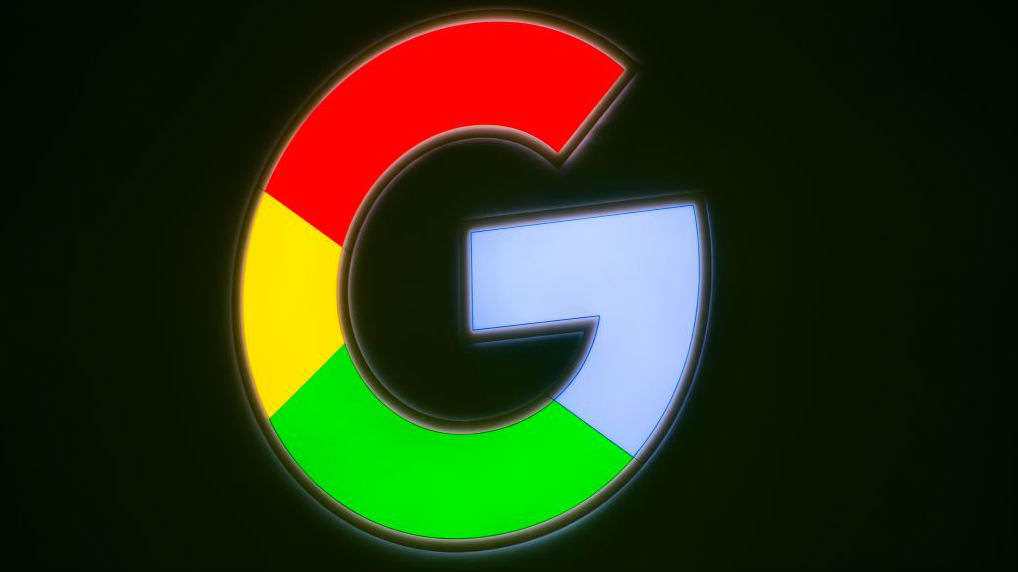
A free daily email with the biggest news stories of the day – and the best features from TheWeek.com
You are now subscribed
Your newsletter sign-up was successful
Google faces losing hundreds of millions of dollars after some of the biggest US brands joined the boycott over their adverts appearing next to extremist content.
A report in The Times says the scandal has now reached the internet giant's home country, with US-based pharmaceutical company Johnson & Johnson the latest firm to remove its ads.
Telecoms firms AT&T and Verizon - " the third- and fourth-largest advertisers in the United States, respectively," says TechCrunch - have also joined the boycott.
The Week
Escape your echo chamber. Get the facts behind the news, plus analysis from multiple perspectives.

Sign up for The Week's Free Newsletters
From our morning news briefing to a weekly Good News Newsletter, get the best of The Week delivered directly to your inbox.
From our morning news briefing to a weekly Good News Newsletter, get the best of The Week delivered directly to your inbox.
It emerged last month that paid ad placements were appearing next to extremist content on YouTube and potentially generating revenue for hate preachers, terrorists and white nationalists.
How was the scandal uncovered?
An investigation by The Times last month revealed "hundreds" of big-name companies were unwittingly funding groups including "Islamic extremists, white supremacists and pornographers".
According to the paper, the ads were appearing on hate sites and next to YouTube videos created by supporters of terror groups such as Islamic State.
A free daily email with the biggest news stories of the day – and the best features from TheWeek.com
An advert appearing alongside a YouTube video "earns the poster around £6 for every 1,000 clicks it generates", says the Independent, and as some videos can gain more than one million hits, it potentially generates tens of thousands of pounds a month for extremists.
In one example uncovered by the Times, "Sandals Resorts, the luxury holiday operator, is advertised next to a video promoting al-Shabaab, the East African jihadist group affiliated to al- Qaeda".
John Lewis, Waitrose and Disney also had ads appearing beside videos by hate preachers, homophobes and white nationalists.
Why are the ads appearing on these extremist sites?
Google places ads on YouTube videos using algorithms which track the person browsing the page, tailoring the ads based on their search history, for example. The advertising revenue usually goes to the owner of the video.
Blacklists are meant to stop adverts from appearing against certain content, while YouTube is supposed to police content and take down inappropriate material.
However, the analysis by the Times suggests this is not working and ads appear against content that violates Google's policies.
What does Google say?
"I would like to apologise to our partners and advertisers who might have been affected by their ads appearing on controversial content," Matt Brittin, Google's European chief, told the Advertising Week Europe conference in London.
"We take our responsibilities to these industry issues very seriously."
He added that the sums paid to extremists involved had been "pennies, not pounds", but admitted "clearly we need to do more on that".
He also said Google had made a public commitment to improve its placement of adverts and would spend more money on enforcement to act faster.
Philipp Schindler, Google’s chief business officer, wrote in a blogpost: "We know advertisers don't want their ads next to content that doesn’t align with their values. So starting today, we’re taking a tougher stance on hateful, offensive and derogatory content."
However, Labour MP Yvette Cooper told The Guardian the apology had not gone far enough.
"They need to say whether they will be paying back any of that advertising revenue and to answer our questions on what more they are doing to root out extremism or illegal activity on YouTube because they are still failing to do enough to remove illegal or hate-filled content from YouTube."
Google is now facing a "two-pronged attack", says The Guardian, with both advertising regulators and the government prepared to ask awkward questions about how much control brands and Google itself can exercise over where ads are generated online.
Questions are also being asked about the role of ad agencies, with some manufacturers saying they were unaware their adverts could appear next to extremist content and accusing their advertisers of keeping them in the dark about how their money was spent.
-
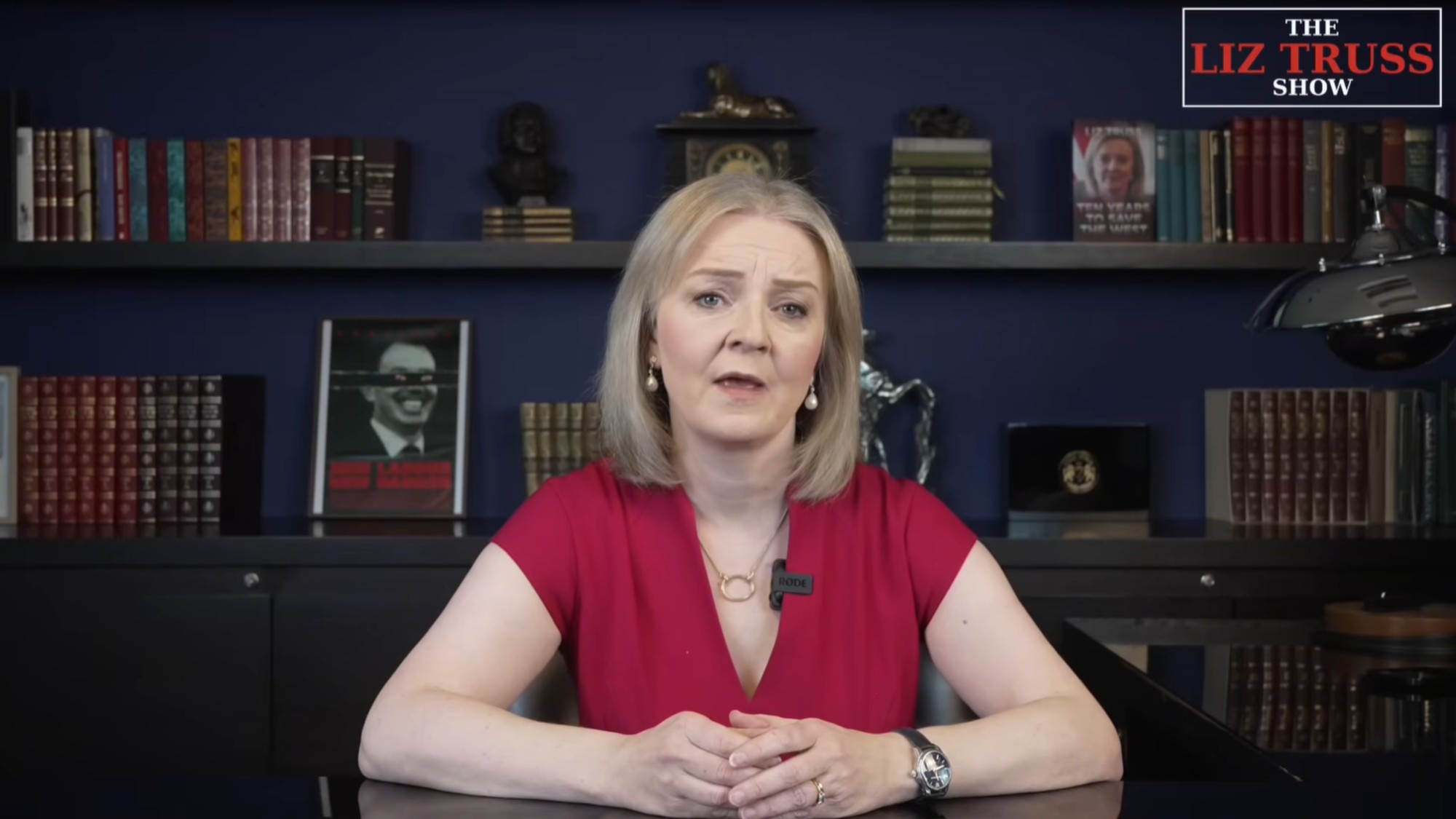 Who is The Liz Truss Show for?
Who is The Liz Truss Show for?Talking Point Former PM’s new weekly programme is like watching her ‘commit a drive-by on herself’
-
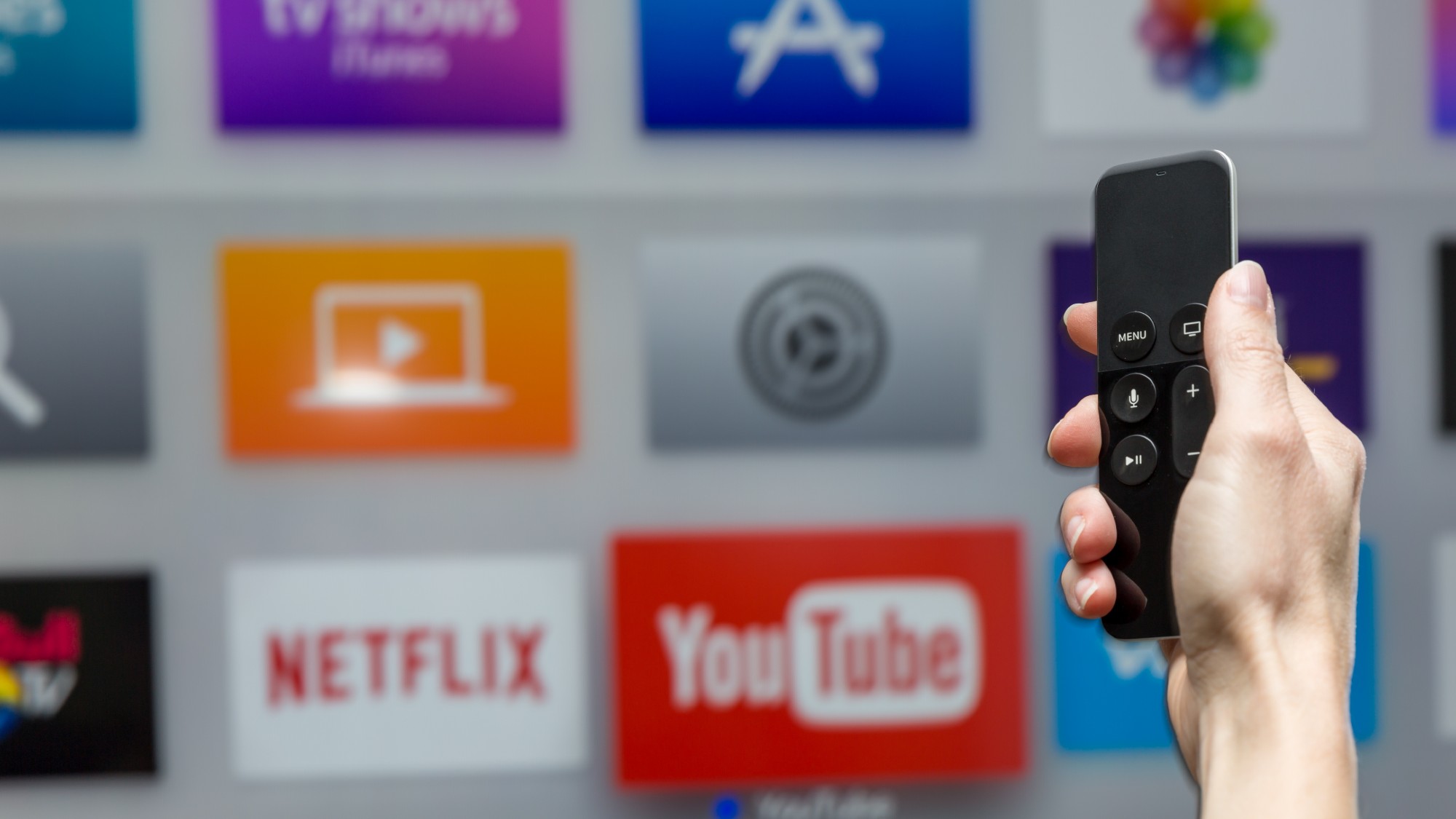 Streaming: Get ready for more blackouts
Streaming: Get ready for more blackoutsfeature Disney finally struck a deal to get its television channels back on Google’s YouTube TV streaming service
-
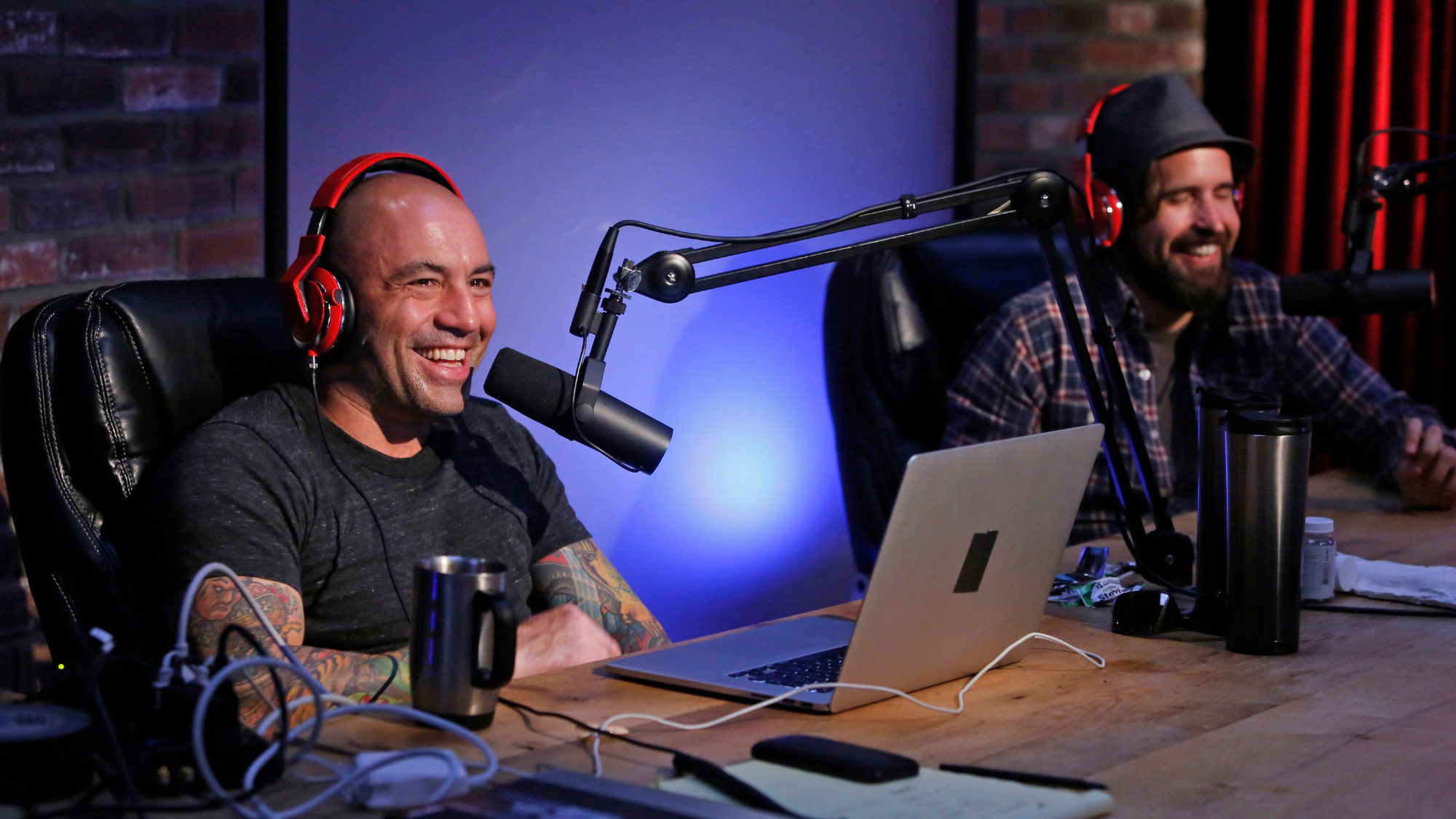 For podcasts, a sharp turn to video
For podcasts, a sharp turn to videoFeature YouTube is paying creators to bring their podcasts to video
-
 How Russell Brand built up his online following
How Russell Brand built up his online followingThe Explainer The former comedian has tens of millions of followers across his social media platforms
-
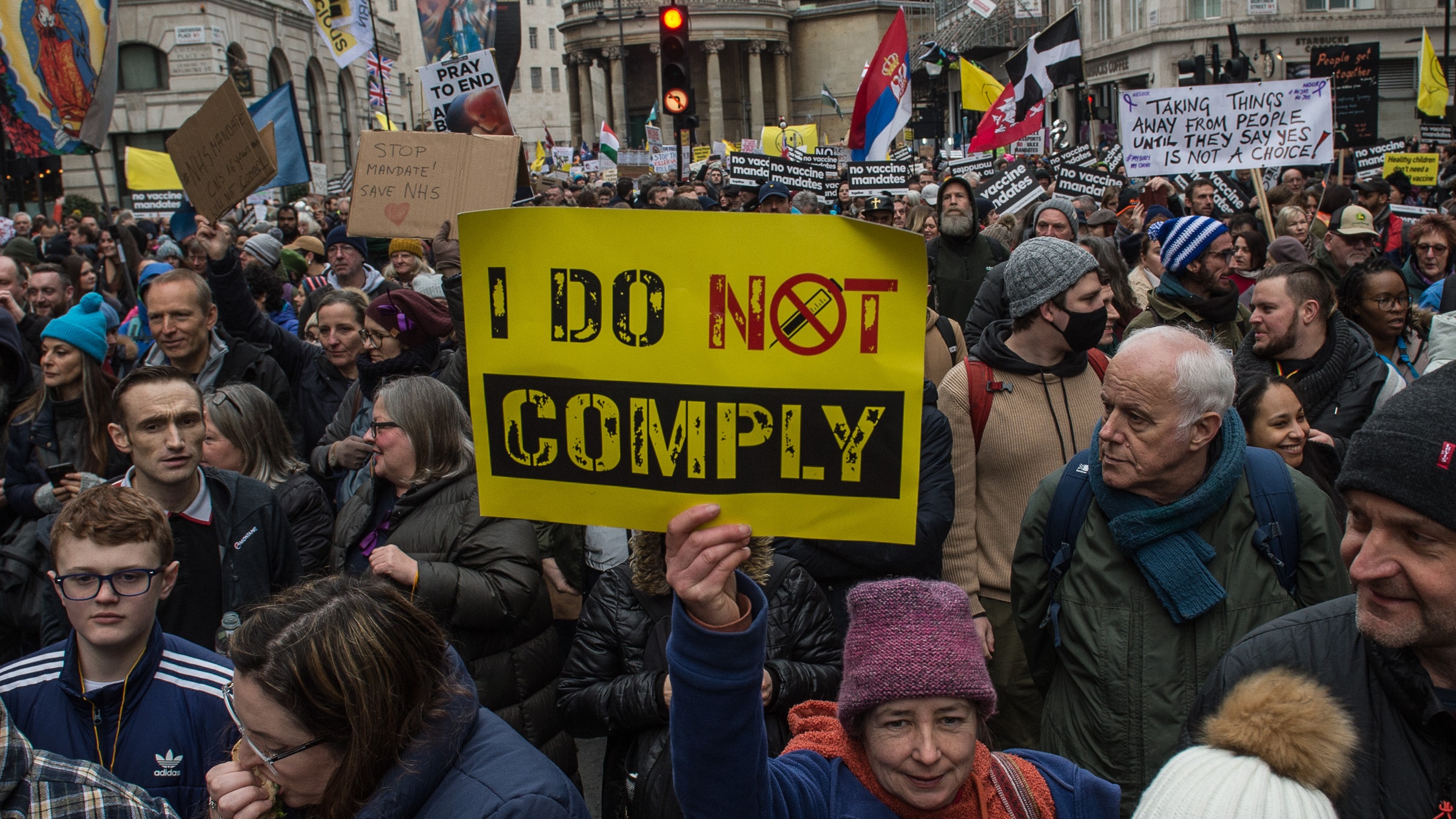 The conspiracy theorists cashing in on YouTube’s algorithms
The conspiracy theorists cashing in on YouTube’s algorithmsIn the Spotlight One anti-vaccination campaigner nets £500,000 a year from advertising on video platform
-
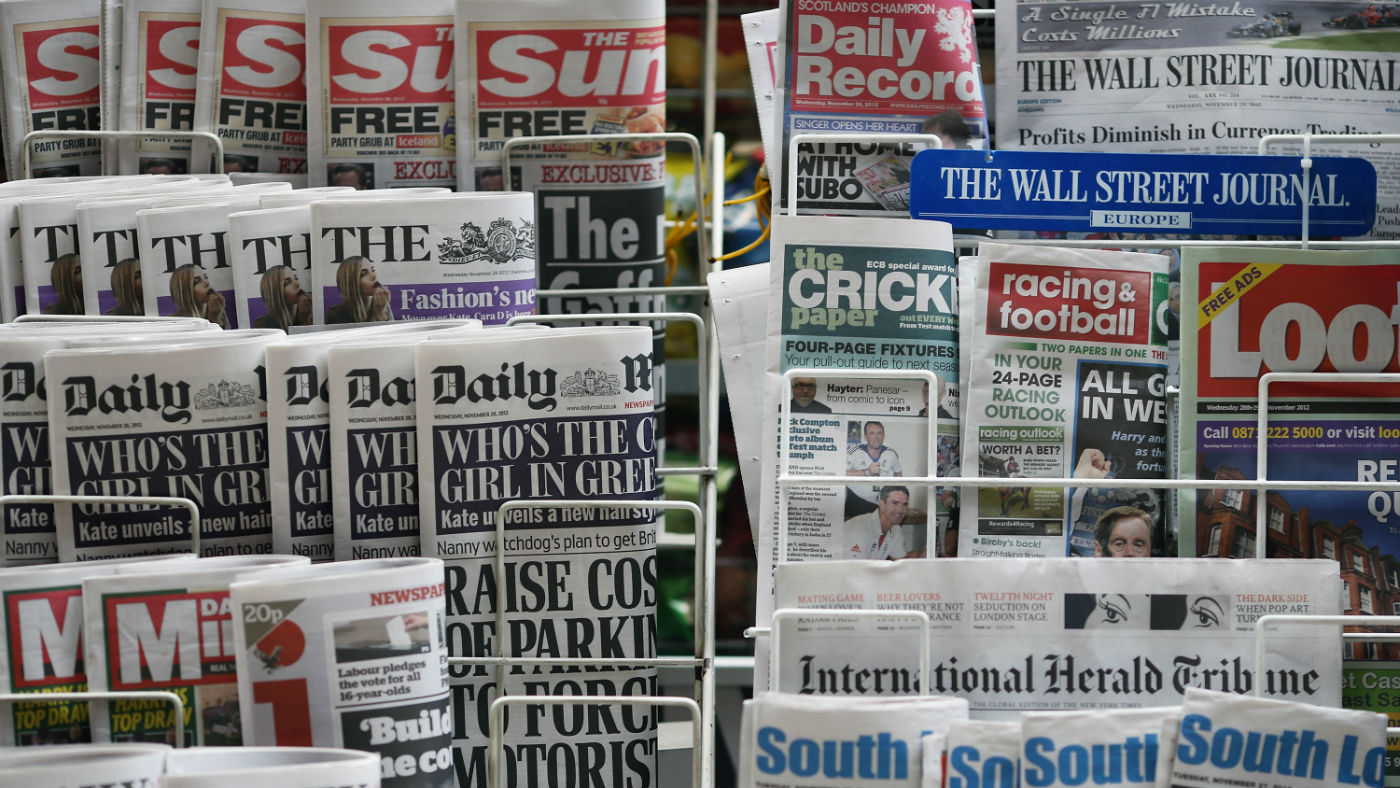 Save local news or risk ‘long-term sustainability of democracy’
Save local news or risk ‘long-term sustainability of democracy’Speed Read Cairncross Review says public funds should be used to rescue local journalism
-
 Most talked-about videos of 2017
Most talked-about videos of 2017Speed Read From a bullied schoolboy to Despacito, we round up some of the biggest viral hits
-
 PewDiePie: YouTube star loses Disney deal after anti-Semitic video
PewDiePie: YouTube star loses Disney deal after anti-Semitic videoSpeed Read Swedish comedian Felix Kjellberg claims 'Death to all Jews' footage was a joke to show 'how crazy the modern world is'

